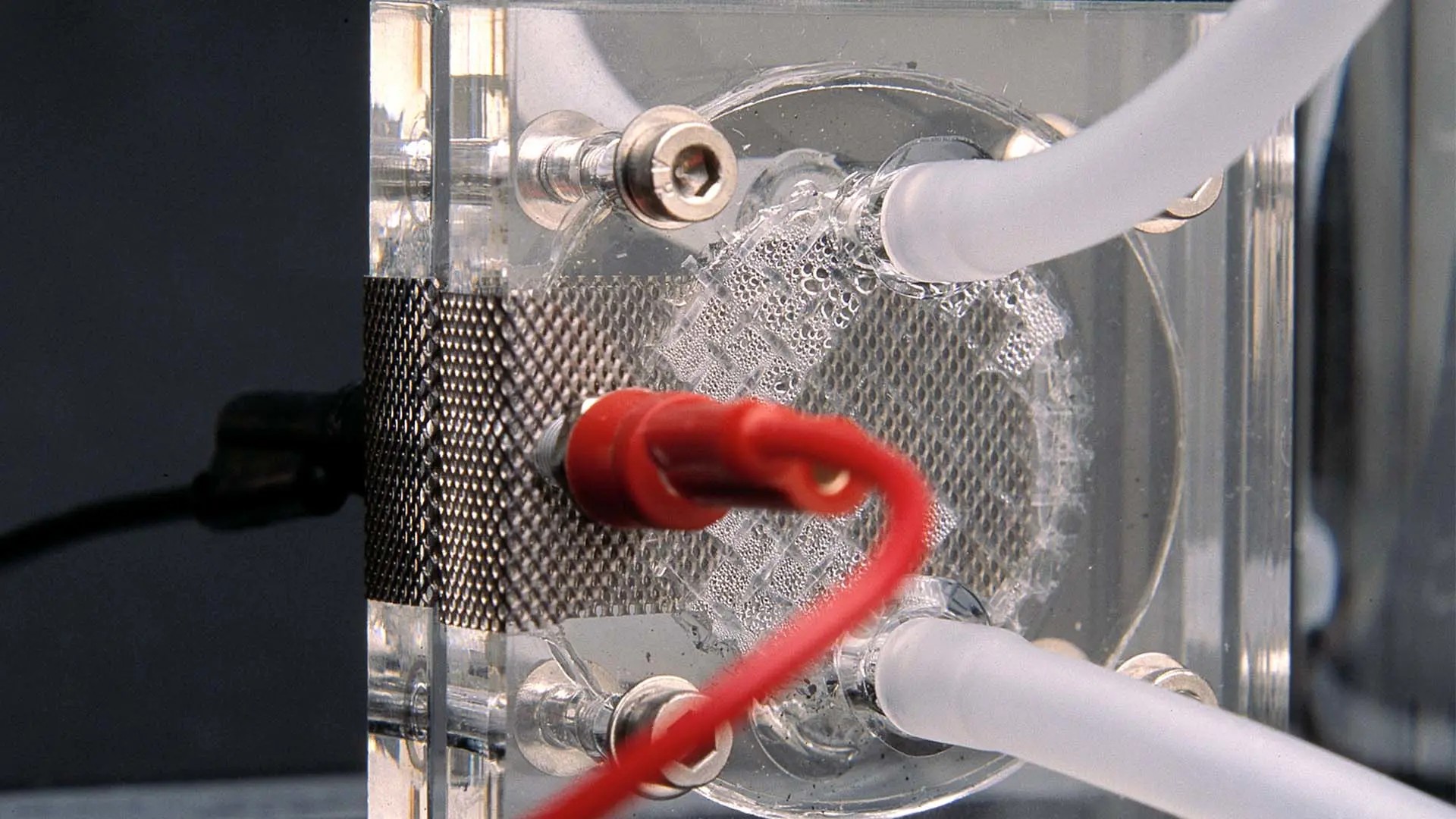
The interest in fuel cell systems from the outside world is greatly increasing due to the zero-emissions requirement and the challenge relating to the range of electric trucks. The need for the research area has become even more urgent as a result of Chalmers' newly established competence center TechforH2, whose overall purpose is to develop new technology in hydrogen propulsion as a step in the transition to a fossil-free transport system.
Fuel cell systems
The ambition within the research area of fuel cell systems is to develop predictive system models and measurements to understand the impact of design choices on the performance of a fuel cell vehicle. We conduct research in the area both through simulation and experimentally. The interest in fuel cell systems from the outside world is increasing due to the zero-emissions requirement and the challenge relating to the range of electric trucks. There are also other areas of interest in the field, such as ships and generators that also see benefits from fuel cells. The main research questions concern lifetime, the system on the anode side (hydrogen), the system on the cathode side (air), temperature regulation and dynamics. In these fields we collaborate with Volvo AB, Scania, Johnson Matthey, Powercell, and others.
TechForH2
The need for the research area of fuel cells has become even more urgent as a result of Chalmers' newly established competence center TechforH2, whose overall purpose is to develop new technology in hydrogen propulsion as a step in the transition to a fossil-free transport system. One fifth of the center is dedicated to fuel cell systems research at the Energy Conversion and Propulsion Systems Division, ECaPS. Within the framework of TechForH2, collaborations are also carried out with other departments and divisions at Chalmers that research fuel cells, then at the cell and stack level.
If you have any questions about the research area of fuel cell systems, please contact David Sedarsky, who leads the work in the research area.
